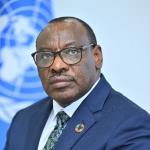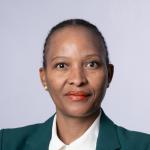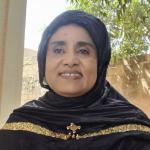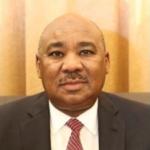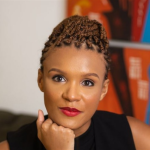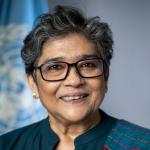African countries, least developed countries (LDCs), and landlocked developing countries (LLDCs) face unique challenges in their pursuit of sustainable development. These countries are particularly vulnerable to external shocks, such as economic crises, climate change, and public health emergencies.
Thirty-three of the 45 LDCs and 16 of the 32 LLDCs are in Africa. The 45 LDCs, which are home to 13 per cent of the world's population, account for just 1.3 per cent of global gross domestic product (GDP) and less than one per cent of global trade.
The COVID-19 pandemic further exposed the fragility of LDCs, with the World Bank estimating that an additional 32 million people in LDCs could be pushed into extreme poverty by 2030 due to the pandemic's impact. The 32 LLDCs face significant challenges due to their lack of direct access to the sea, remoteness from international markets, and high transit costs. African countries face additional challenges, including high levels of inequality and unemployment, as well as limited access to basic services such as healthcare, education, and infrastructure.
This session will focus on raising awareness and understanding of the challenges and opportunities for building resilience and capacity in African countries, LDCs, and LLDCs. The panel speakers will provide concrete recommendations and action points for accelerating progress towards the 2030 Agenda in these countries, including measures to address the specific needs of LDCs, LLDCs and African countries. The interactive discussion will highlight examples of partnerships and collaboration among stakeholders to support sustainable development efforts, including strengthened cooperation with LDCs, LLDCs and African countries. It will also underline contributions by these groups of countries to the implementation of the Political Declaration of the 2023 SDG Summit, as well as contribute to ongoing preparations for the Summit of the Future.
Proposed guiding questions:
- What are the key challenges and opportunities for African countries, LDCs, and LLDCs for achieving SDGs 1, 2, 13, 16, and 17?
- What are concrete recommendations and action points for accelerating progress towards the 2030 Agenda in view of the multiple crises faced by those countries?
- How can partnerships and stakeholder collaboration accelerate implementation of the 2030 Agenda for Sustainable Development and help achieve the SDGs under in-depth review this year?
Chair:
- H.E. Ms. Paula Narváez, President of the Economic and Social Council
Interactive panel discussion
Moderator:
- Mr. Kamal Kishore, Special Representative of the United Nations Secretary-General for Disaster Risk Reduction and Head of the United Nations Office for Disaster Risk Reduction (UNDRR)
Panellists:
- Ms. Rabab Fatima, High Representative for the Least Developed Countries, Landlocked Developing Countries and Small Island Developing States (UN-OHRLLS), and Secretary-General of the LLDC3 Conference
- H.E. Ms. Josefa Leonel Correia Sacko, Commissioner for Agriculture, Rural Development, Blue Economy and Sustainable Environment, African Union Commission
- Mr. Ibrahim Elbadawi, Managing Director, Economic Research Forum for the Arab World, Iran & Turkey, former Minister of Finance of Sudan
- Mr. Claver Gatete, Executive Secretary of the Economic Commission for Africa (ECA)
Lead Discussants:
- Ms. Soudata Aboubacrine, Head of Tin Hinan Sahel, Burkina Faso (MGoS)
- Ms. Yasmin Kumi, CEO & Founder of AFG
Ministerial Respondents:
- H.E. Mr. Lok Bahadur Thapa, Permanent Representative of Nepal to the United Nations, Chair of the LDC Group
- H.E. Ms. Gladys Mokhawa, Permanent Representative of Botswana to the United Nations, Chair of the LLDC Group
Interventions by ministers and other participants (up to 2-3 minutes each)
 Welcome to the United Nations
Welcome to the United Nations

